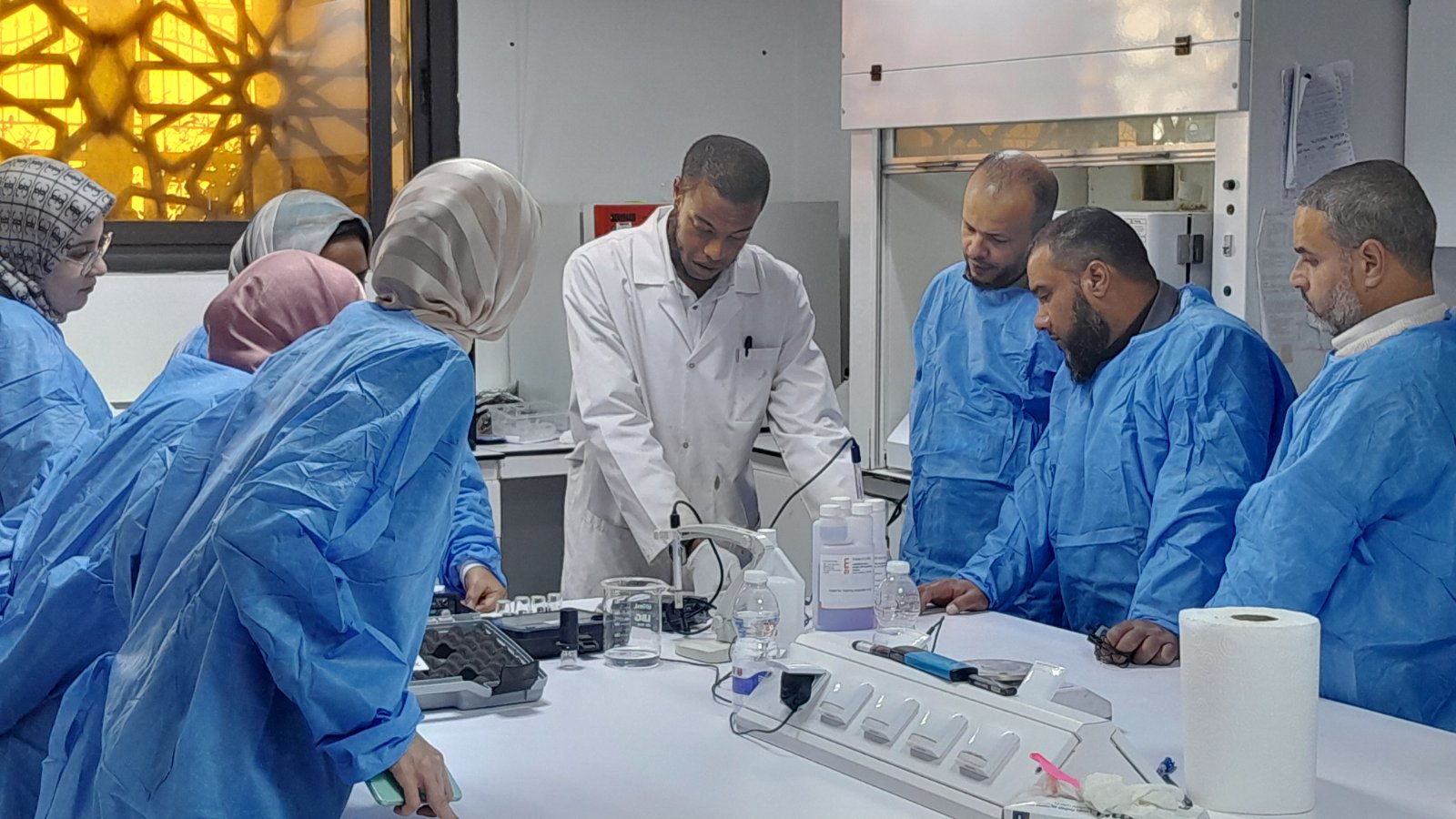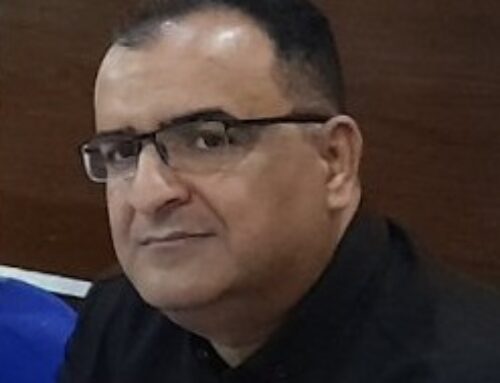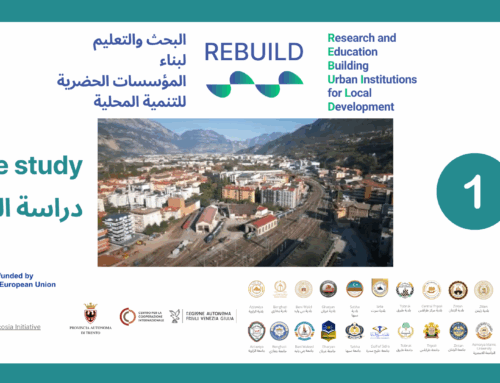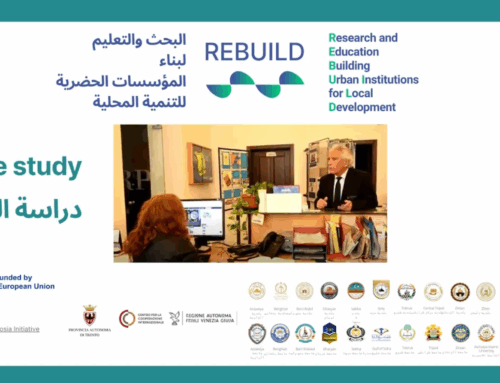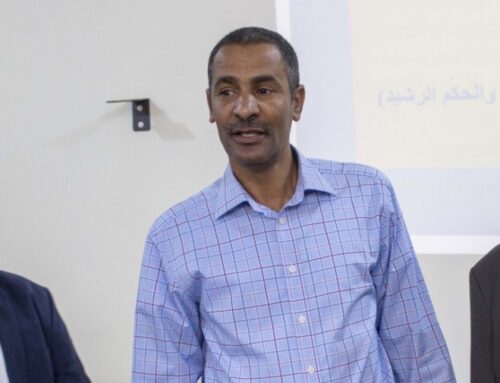
Wafa Attawil
Pilot Project “Environmental Safety” Coordinator
—
Needs assessment
The project’s support extended to five municipalities. While Zawiya and Gharyan were found to be prepared, the other municipalities necessitated the creation of laboratory infrastructure. This requirement fostered a strong sense of ownership and significant contribution from these municipalities.
Delivery of the equipment
The project delivered needs-based equipment in collaboration with municipal sanitation departments, complemented by two years of post-project consumables and technical support. Crucially, the General Administration of Environmental Sanitation’s support was vital for streamlined municipal access. This coordination ensured efficient resource allocation and prevented redundant efforts, focusing on delivering truly necessary equipment.
1st Training of Trainers (TOT) in Tripoli
The training program focused on equipping municipal experts with both technical and teaching skills. It combined lectures on water science and standards, Libyan-specific case studies, and practical laboratory visits to ensure they could effectively train others and build sustainable local capacity.
Laboratory technicians at work
A participant’s observation that the Tripoli TOT ‘stirred up stagnant water’ perfectly captures its impact. The training fostered valuable knowledge sharing and problem-solving among municipal experts, who then conducted water resource studies using the provided equipment. These results were shared with the Ministry of Local Government, demonstrating the program’s effectiveness.
Winter School in Trento
The Winter School visit, with its exposure to cutting-edge water analysis technologies and innovative water management policies, proved invaluable. It provided participants with a clear vision of future possibilities, illuminating potential pathways for municipal development.
Future perspectives
Sustainability was a core principle guiding the project’s activities. To ensure impactful resource allocation, equipment was provided based on a thorough needs analysis. A significant focus was placed on empowering municipal experts through capacity building, facilitating effective knowledge and practical application. This pilot initiative has successfully positioned the municipalities on a trajectory of progress, yielding critical data for future development strategies.

